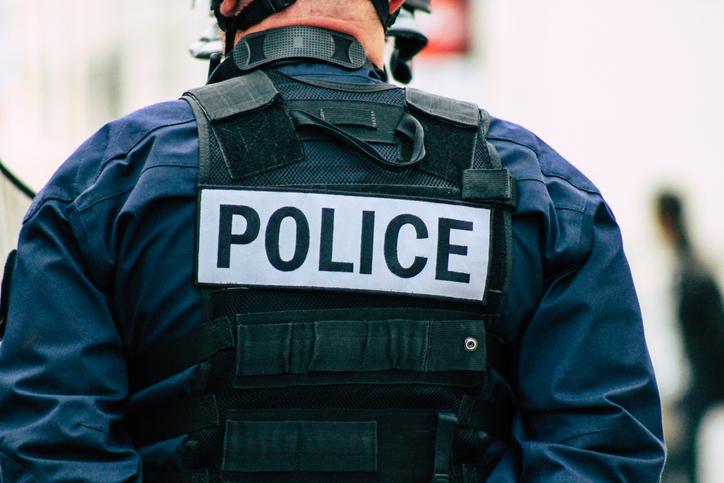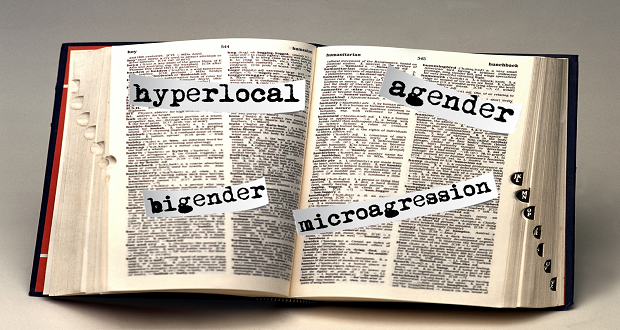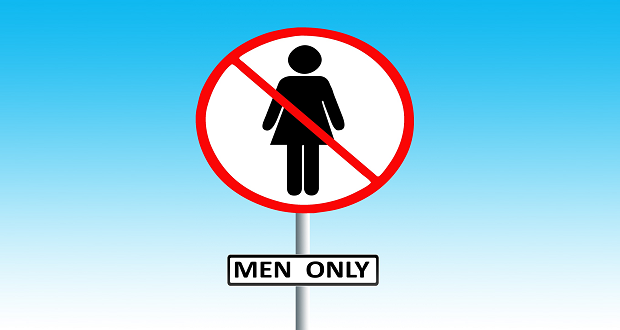
Five years ago, while I was deeply concerned about racism reflected in policing behaviors and policies, I would have counted myself among those who felt the police were realistically too much a part of our government and institutions to imagine a world where they didn’t exist. A lot has changed since then.
This is not a call for police reform, but for abolition. This is monumental. Click To TweetThis week, a veto-proof majority of the Minneapolis City Council voted to defund and dismantle the Minneapolis Police Department. Some still see this as an unthinkable step. Yet, as of this week, a majority of voters support protests and have lost trust in police. A staggering 68% support creating a new non-police first responder agency to respond to issues of mental illness or addiction. It is important to note that this is not a call for police reform (which results in more resources being allocated to police), but rather abolition. This is monumental.
As of this week, a majority of voters support protests and have lost trust in police. 68% support creating a new, non-police first responder agency to respond to issues of mental health or addiction. This is not a call for police… Click To TweetSeveral years ago, I stumbled across a poster series that laid out hypothetical yet practical alternatives to policing. I was struck by the fact that they outlined possibilities for crisis response that were not just alternatives to policing, but vast improvements. Among the examples listed were:
- You are experiencing intimate partner violence. Imagine… texting a number & a trauma informed crisis intervention specialist meets you in a safe place. An hour later you are working together to make a plan that will keep you safe long term.
- Some folks are sleeping on benches in the park. Imagine… a city employee comes by and checks in to see if they need a place to sleep, food, water, or health care. An hour later, those who want a different place to sleep have one.
- Incidents of gun violence are rising in the neighborhood. Imagine… a trauma informed crisis intervention team works with community activists to disarm and deescalate conflicts. People doing harm are connected to services that address the underlying problem.
Current police responses to these situations, regardless of who is involved, are inadequate at best, and deadly at worst. Compound any of these situations with Black folks being involved—even if they are the ones calling to report a problem, as Breonna Taylor was, or just existing in their homes nearby, as Botham Jean was—and the likelihood that a deadly encounter will ensue increases substantially.
Here’s the thing: Each of the above situations is rooted in deep systemic oppression and trauma. Systemic problems demand systemic solutions, and policing is anything but. Police in the US are trained to respond with one-time appearances and one-size-fits-all approaches. They are heavily armed, and conditioned to respond with state-sanctioned force as soon as they perceive that they are “endangered.” Few are trained in cultural competence or mental health—not to mention racial bias. Every day, police respond to traumatic situations, yet their work is anything but trauma-informed. Every day, policing in the US fails to protect individuals and communities, including but not limited to people of color, Deaf and hard of hearing individuals, those living with mental health challenges, those experiencing domestic violence or homelessness, and those struggling with substance use. The fact that the “best” solution readily available to the public for dealing with emergencies or (perceived) community “problems” of any kind is to call the police represents a monumental institutional failure in the US to respond appropriately to trauma.
Every day, police respond to traumatic situations, yet their work is anything but trauma-informed. Every day, policing in the US fails to protect individuals and communities Click To Tweet The fact that the “best” solution readily available to the public for dealing with emergencies or (perceived) community “problems” of any kind is to call the police represents a monumental institutional failure in the US to respond… Click To Tweet[Content Warning: the following two paragraphs contain description of violence and a mental health emergency.]
Some time ago, I found myself in the most difficult situation of my life: A friend experienced an episode of psychosis and became a danger to themself and others. For hours, I tried and failed to help them return to a lucid state. When I began to fear for my own safety, I came to the awful realization that I was left with no choice but to call 911. In the back of my mind was a horrifying thought that I did my best to push away: What if the police see this person as a threat and respond with force? What if this person who needs protection and support is hurt or killed instead?
I am incredibly grateful for the EMTs, who arrived alongside the dispatched officer, for managing to safely transport my friend to a care facility. However, this situation could have easily gone another way. Furthermore, talking to the responding officer that night was one of the most upsetting parts of the entire experience: he demonstrated clearly that he was confused by my friend’s transgender identity, and exaggerated the injuries they had sustained, sending me into another state of panic. The officer also expressed his assumption that my next step that night would be to visit the person who had just become violent towards me. I was furious, yet in hindsight realized that there was no reason, given the woefully inadequate nature of police training in this country, to expect anything different.
No one experiencing a traumatic event should ever have to wonder whether first responders will protect, hurt or kill them. I hope I am never faced with such a dilemma again—and yet I recognize that Black folks and many folks of color are faced with this question every single time they encounter police presence, however “routinely.”
No one experiencing a traumatic event should ever have to think twice that the first responders will not hurt or kill them. Click To TweetI will leave you with one last thought: Like so many topics, I was more ignorant than I like to admit about the many, many ways that policing has failed our communities… until I began listening and educating myself. Even then, as a white person, I was able to compartmentalize my concerns about policing… until the day arrived that I myself was directly impacted.
If these issues and the idea of policing alternatives are new to you: learn, listen, and approach these topics with curiosity over judgement. Then, show up to support this urgent movement—with your presence at protests, with conversations to shift the perspectives of those in your circles, with services and care, with money—however you are able. Here are several resources to get you started:
- 5 Ways White People Can Take Action in Response to White and State-Sanctioned Violence
- The Marshall Project’s Police Abolition Resource List
- Angela Davis’ “Are Prisons Obsolete?”
- Restorative Justice and Alternatives to Policing
- Click on Detroit: Defund the police: what it means and why activists are calling for it, and What a community-led public safety system might look like
- 6 Ideas for a Cop Free World


















